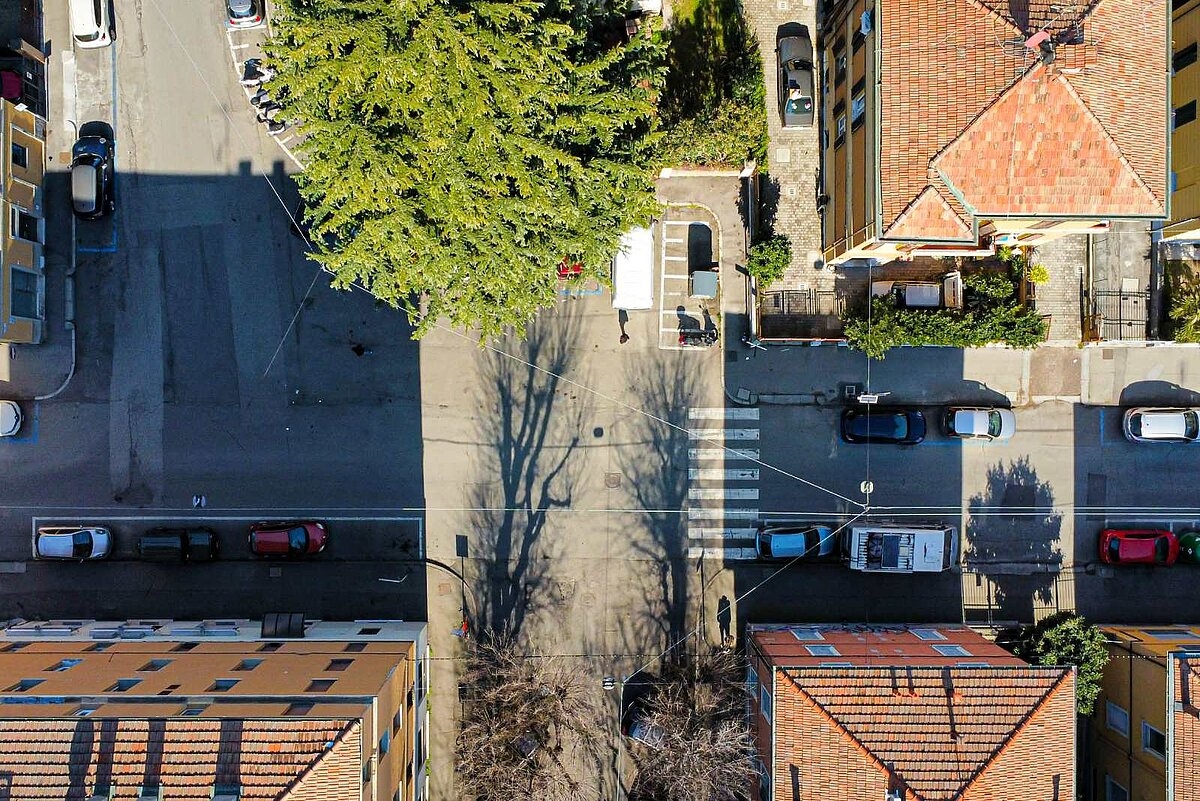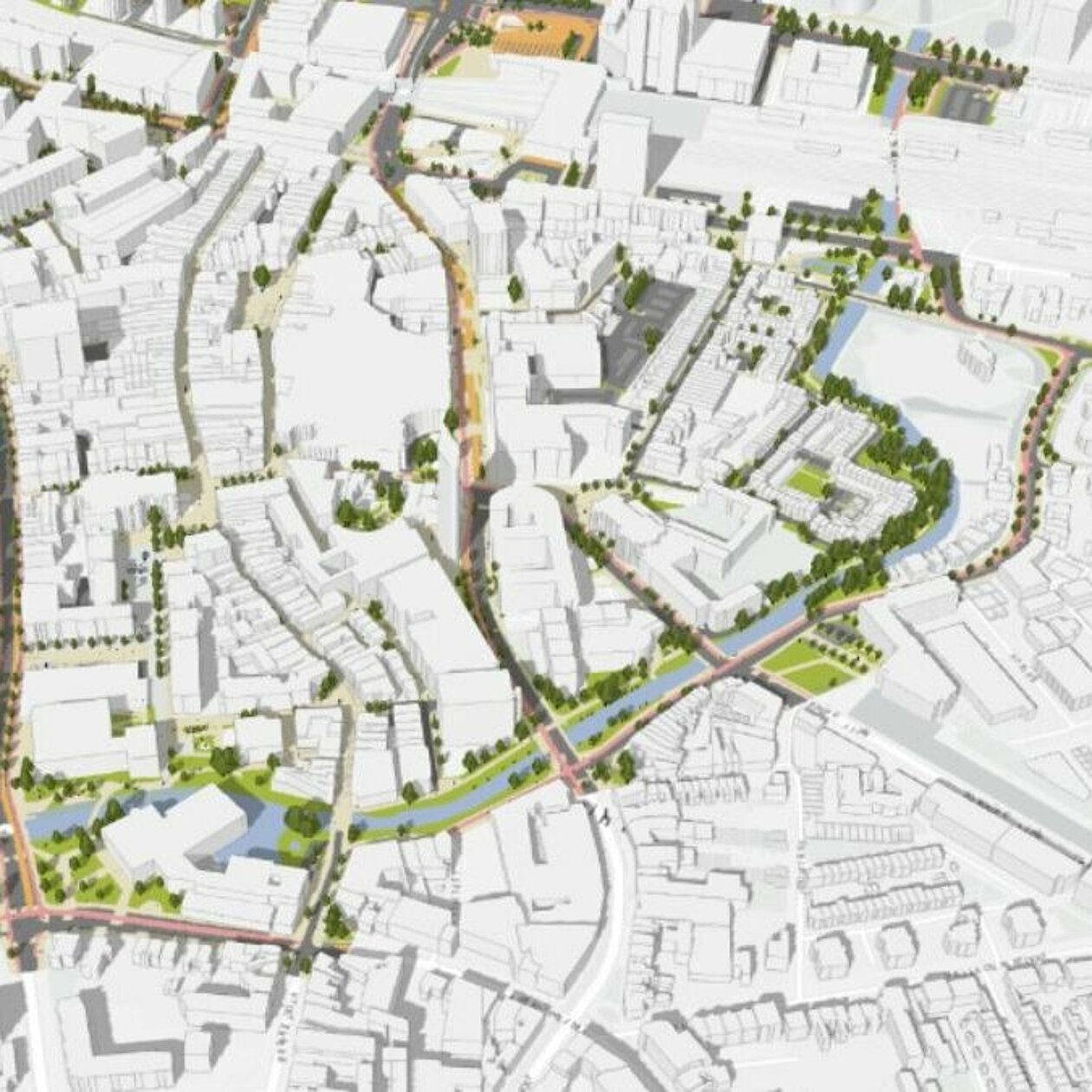23 juli 2024
Door de samenwerking met Brainport voor Elkaar kunnen we uitdagingen eerder tackelen
- Brainport voor elkaar
The dependency of travelers on private cars is driven by a number of factors. These facts may help you understand the challenges we're taking on.


The last generation of private car owner challenge wants to address these problems and invites proposals that help accelerate the realisation of a last generation of private car owners.